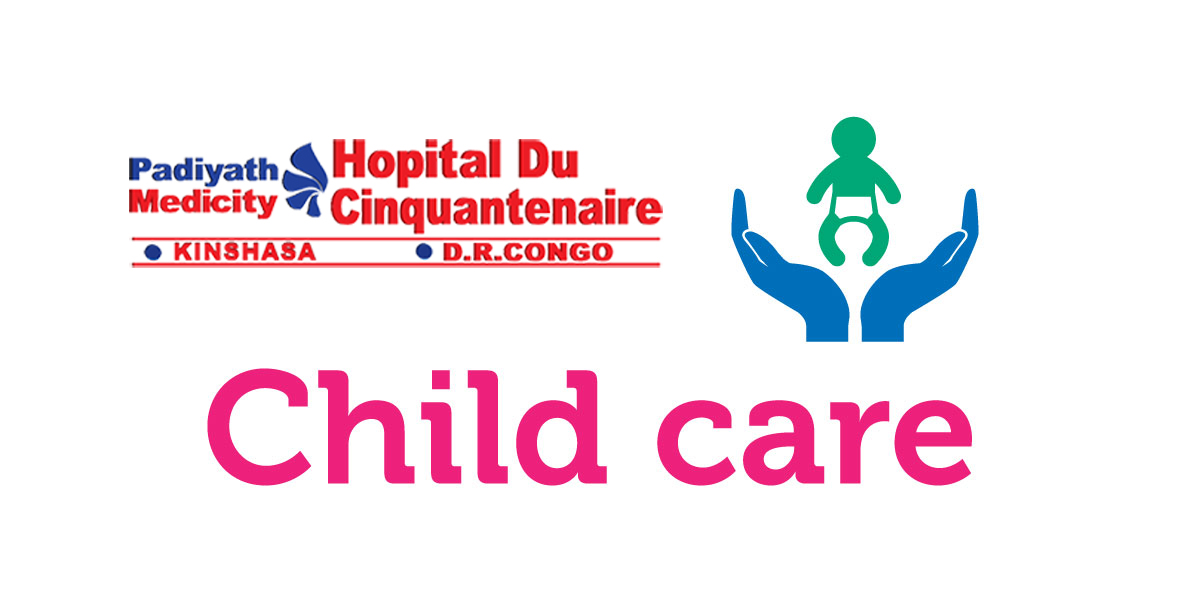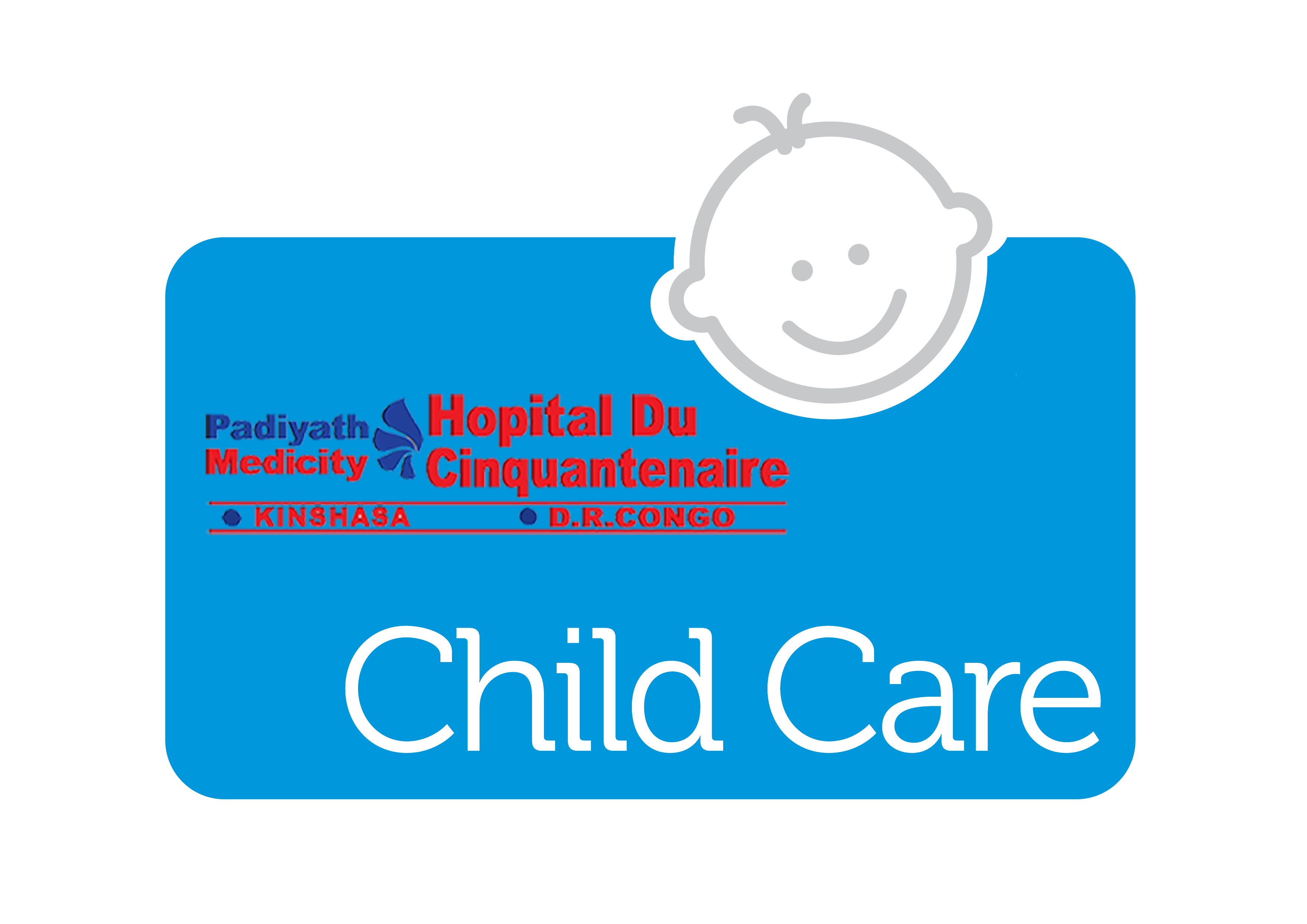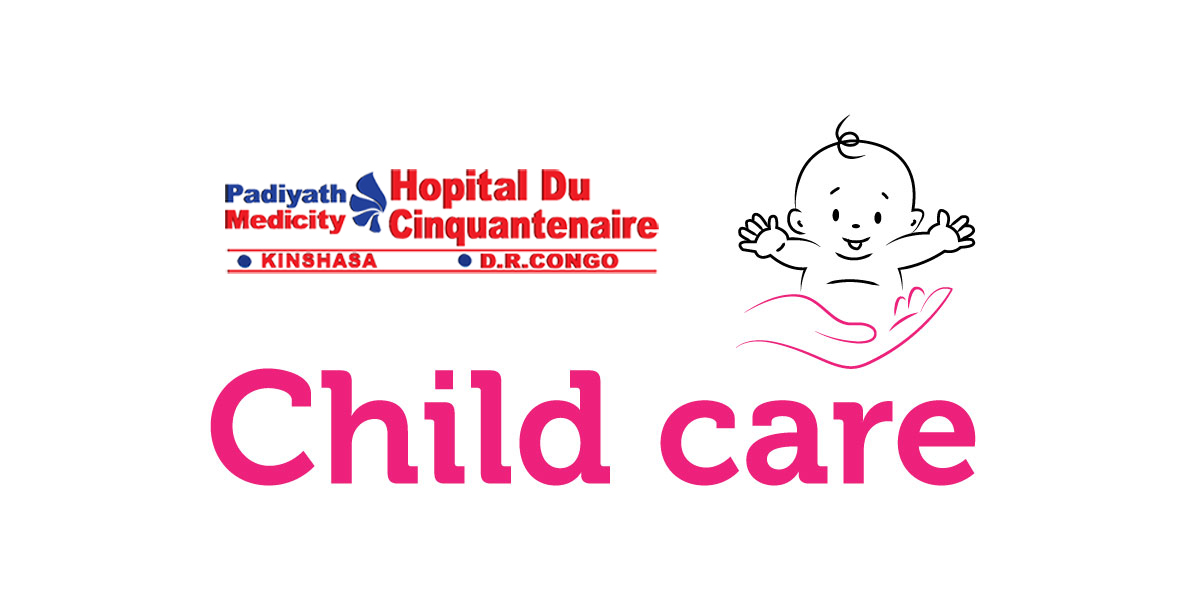Center For Head & Neck Surgery
Center For Head & Neck Surgery

Center for Head & Neck Surgery at Padiyath Medicity - Hopital Du Cinquantenaire is equipped with the finest technology and the best manpower to provide the best possible facilities for the patients. , we care for patients with neoplastic disease of the upper aero digestive tract, head and neck, and skull base.
Our Otolaryngology Service performs ablative as well as reconstructive surgery, including the use of regional flaps, myo-cutaneous flaps, and micro-vascular free flap techniques. The Service also works closely with the Department of Radiology for imaging studies and preoperative angiography/embolization, the Department of Surgery for gastric and jejunal reconstruction, and the Department of Neurosurgery for acoustic neuroma, pituitary and other skull base surgery.
In addition to providing exemplary patient care, our mission also includes training the next generation of leaders in the field, and shaping the future of research and patient care in Otolaryngology.
MAXILLO FACIAL SURGERY
Oral and maxillofacial surgery is surgery to treat many diseases, injuries and defects in the head, neck, face, jaws and the hard and soft tissues of the oral (mouth) and maxillofacial (jaws and face) region. It is an internationally recognized surgical specialty.
Padiyath Medicity - Hopital Du Cinquantenaire has a full-fledged Maxillofacial Surgery Unit complete with highly trained doctors and surgeons from Oral, Dental, Maxillofacial and Plastic Surgery divisions, and a team of proficient, well-trained nursing staff.
Treatments and Procedures
Surgical procedures and Treatments performed on the mouth, jaws, neck, face, skull, include,
- Dentoalveolar surgery
To remove impacted teeth, difficult tooth extractions, extractions on medically compromised patients, bone grafting or preprosthetic surgery to provide better anatomy for the placement of implants, dentures, or other dental prostheses.
Diagnosis and treatment of the following
- Benign Pathology -Removal of cysts, tumors etc.
- Chronic Facial Pain Disorders
- Malignant Pathology - Ablative and reconstructive surgery, microsurgery of Oral, head and neck cancer.
- Surgery to insert osseo-integrated (bone fused) dental implants and Maxillofacial implants for attaching craniofacial prostheses and bone anchored hearing aids.
- Dysgnathia (incorrect bite), Orthognathic (straight bite), Reconstructive Surgery, Orthognathic Surgery, Maxillomandibular Advancement, Surgical correction of facial asymmetry.
- Cosmetic surgery limited to the head and neck (rhytidectomy/facelift, browlift, blepharoplasty/Asian blepharoplasty, otoplasty, rhinoplasty, septoplasty, cheek augmentation, chin augmentation, genioplasty, oculoplastics, neck liposuction, lip enhancement, injectable cosmetic treatments, botox, chemical peel etc.).
- Cutaneous Malignancy -skin cancer, Lip Reconstruction.
- Temporomandibular Joint (TMJ) Disorders.
- Splint and surgical treatment of sleep apnea, Maxillomandibular advancement, genioplasty (in conjunction with sleep labs or physicians).
- Congenital Craniofacial Malformations - Craniofacial Surgery of cleft lip, Palate, cranial vault malformations such as craniosynostosis.
The facilities offered by us in brief are as follows
- Maxillofacial Trauma Unit with Multidisciplinary Support
- Head and Neck Cancer (Focus on oral cancer) Surgery
- Free Flaps for Oro-facial Reconstruction
- All other minor oral surgeries
- Orthognathic Surgery
- Implantology & Oral Rehabilitation
- Hair Transplantation for post- traumatic facial hair loss
HEAD AND NECK ONCOLOGY
The Head and Neck Oncology Service at Padiyath Medicity - Hopital Du Cinquantenaire has always strived to be a model for comprehensive multidisciplinary care in the African countries. The infrastructure, clinical services offered and the outcomes of patient care are on par with the best centers in the world. Head and neck cancers comprise of tumours of mouth, throat, voice box (larynx) and the associated structures such as sinuses, salivary and thyroid gland.
It is now clearly established that multimodality treatment with surgery, radiation therapy and chemotherapy alone or in various combinations offer the best chance to cure the disease and to improve the quality of life of patients. The department has a state of the art operation theatre complex and a dedicated 12-bedded ICU for round the clock monitoring of post operative patients. Non cancerous swellings of the head and neck including congenital swellings, vascular malformations, neurogenic tumours amongst others are also routinely managed by the department.
Treatments & Procedures
Surgical management of benign (non-cancer) and malignant (cancer) lesions of the head and neck, such as composite resection of mouth cancers, total and partial laryngectomy (removal of voice box), voice rehabilitation procedures (voice prosthesis), and surgeries for cancer of the sinuses, salivary gland (Parotidectomy) and hypopharyngeal cancers (upper part of food passage) are being done regularly.
SKULL BASE SURGERY
Tumours arising from the sinuses and ear, because of their location invade the structures that separate the brain from the rest of the head and neck (skull base). In the past, these tumours reaching the base of the skull were considered unapproachable and therefore incurable. Combined efforts of the ENT head & neck surgeons, neurosurgeons and the plastic surgeons have increased the ability to resect these tumours with preservation of function and appearance. Malignant skull base tumours arising from the sinuses, ear, nasopharynx and infratemporal fossa are resected with good results.
Minimally Invasive Skull Base Surgery
Skull base tumours like pituitary adenoma, craniopharyngioma and chordoma can be removed through the nostril without a skin incision. Leakage of fluid from the brain (CSF rhinorrhoea) and herniation of brain into the nose can also be repaired using this technique. Better visibility with this technique has considerably improved tumour removal, reduced hospital stay and minimized postoperative complications.
OTONEUROSURGERY
Benign tumours like acoustic neuromas, glomus jugulare tumours and other cerebellopontine angle tumours as well as facial nerve pathologies are operated using otoneurosurgical techniques. Retraction of the normal brain to expose these tumours can produce significant morbidity. The otoneurosurgical techniques reduce or eliminate brain retraction. Intraoperative electrophysiological monitoring of the cranial nerves is carried out to preserve their function.
ENDOCRINE SURGERY
Endocrine Surgery is a specialty which deals with complex endocrine disorders like thyroid, parathyroid, adrenal, endocrine pancreatic, functional ovarian and testicular tumours. This is one of the first departments to introduce minimal invasive neck surgeries for all Endocrine disorders. Department of Endocrine Sciences is equipped with facilities to give end to end solution to all disorder.
Services
- Day care surgeries for thyroid disease.
- Laparoscopic adrenalectomy
- Endoscopic thyroid and parathyroid surgeries
- Endoscopic thymectomy
- Organising camps for awareness of thyroid disease
SALIVARY GLAND DISODERS
Center for Head & Neck Surgery at Padiyath Medicity - Hopital Du Cinquantenaire focus a special attention to the patient with Salivary gland disorders. When there is a problem with the salivary glands or ducts, you may have symptoms such as salivary gland swelling, dry mouth, pain, fever, and foul-tasting drainage into the mouth. Many different problems can interfere with the function of the salivary glands or block the ducts so they can't drain saliva. The following are some of the more common salivary gland problems:
Salivary stones, or sialoliths
The most common cause of swollen salivary glands, salivary stones are build-ups of crystallized saliva deposits. Unless the blockage is cleared, the gland is likely to become infected.
Salivary gland infection, or sialadenitis
Sialadenitis creates a painful lump in the gland, and foul-tasting pus drains into the mouth. Sialadenitis is more common in older adults with salivary stones, If not treated, salivary gland infections can cause severe pain, high fevers, and abscess (pus collection).
Infections
Viral infections such as mumps, flu, and others can cause swelling of the salivary glands. Swelling happens in parotid glands on both sides of the face, giving the appearance of "chipmunk cheeks."Bacterial infections generally cause one-sided salivary gland swelling. These infections most often affect the parotid gland.
Cysts
Cysts can develop in the salivary glands if injuries, infections, tumors, or salivary stones block the flow of saliva. Some babies are born with cysts in the parotid gland due to a problem with the development of the ears
Many of the Dental and Facial deformities are now rectifiable…
Take corrective measures now and remember!!!...
Tomorrow is always a new day…




